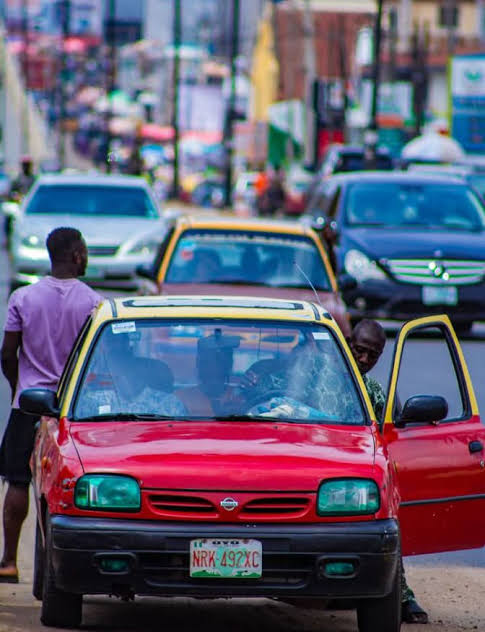Ibadan is, by many measures, a relatively safe city. Life there moves at its own rhythm, streets are familiar, and for the most part, people go about their days without constant fear. Compared to many urban centers, the city offers a sense of calm that residents have grown to appreciate. Yet, like any growing city, it faces its share of challenges. One that has quietly persisted for years is a type of taxi scam.
It is not new, and it is rarely violent, but it is clever enough to catch unsuspecting commuters off guard. A taxi driver and an accomplice may stage a story, claiming there is something in the boot (trunk) that needs attention or that a sudden issue must be resolved. Passengers who comply can end up losing money or valuables. These scams have been quietly operating for years, affecting ordinary commuters simply trying to go about their daily routines. They do not define Ibadan, but they serve as a reminder that even in a relatively safe city, a little vigilance is always wise.
The effects of these schemes may be subtle but they are real. People may become more cautious about using public transport, and vulnerable groups, including students, market traders, and the elderly, are the most affected. Among them these activities create anxiety and reduce confidence in commuting. Awareness and personal responsibility, therefore, are not overreactions; they are part of what keeps the city relatively safe.
The law is on the side of commuters. Section 364 of the Criminal Code Act makes kidnapping and abduction punishable by imprisonment. The Federal Road Safety Commission (FRSC) Act, 2007, and the National Road Traffic Regulations, 2012 among others, set standards for commercial vehicles and require drivers to be properly licensed and insured. These laws are not just formalities; they provide both authority and guidance to protect commuters, ensuring that passengers have legal recourse when something goes wrong.
Looking beyond Ibadan, cities in other countries provide examples of how safety and urban mobility can coexist. In Kenya for example, taxi and ride-hailing services are regulated with digital tracking and verified driver credentials, giving passengers clear ways to report irregularities. South African cities have invested in public awareness campaigns to educate commuters about common scams and encourage immediate reporting of suspicious activity. Even cities in the United Kingdom combine licensing, GPS monitoring, and clear public information campaigns to prevent opportunistic crimes. These measures show that with coordination between authorities, technology, and public awareness, cities can provide safer transport without creating fear or restricting movement.
For commuters and stakeholders in Ibadan, the approach to staying safe does not need to be complicated.
Public drivers associations should uphold improved collaborative feedback and reporting systems, ensuring that their members practice ethical standards and that suspicious or criminal activities are quickly flagged to authorities, while reconfirming that the criminals operating scams are not part of their ranks.
Public orientation and awareness should be prioritized by appropriate agencies.
For victims, reporting these malicious conducts promptly ensures that authorities are aware of incidents and can take action. Choosing licensed and verified taxis or reputable ride-hailing services provides a layer of protection. Sharing knowledge and experiences within the community, through friends, family, and social networks also creates a culture of vigilance that amplifies the effect of laws and regulations.
In my opinion, safety is a shared responsibility and its reciprocal : informed citizens make enforcement more effective, while effective enforcement reassures residents that the city remains secure. Ibadan can remain a model of relative safety in a growing, bustling urban environment, provided that residents, authorities, and transport services continue to work together. .
Aderonke is an expert in Law, Inclusion and Community Development.






